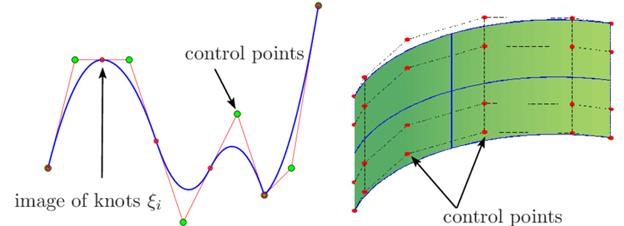What is Rhino?
By David Spergel | Visualization
Rhino has been a popular modeling tool for designers and architects since its first release in 1998 by Seattle-based company McNeel & Associates , and it has been growing ever since. Rhino can model your design accurately, create documentation, and prepare the model for rendering, animating, drafting, engineering, analysis, manufacturing, or construction.
NURBS
Rhino specializes in creating and modifying NURBS curves, surfaces, and solids with no limits on complexity, degree, or size. But what are NURBS? Non-Uniform Rational B-Splines, (NURBS), are mathematical representations of 3D geometry used to describe a shape, all the way from a 2D line or curve, to a complex 3D solid or polysurface. One advantage of using NURBS is that they are not an approximation; due to being defined by complex mathematical formulas, they are extremely precise.

Flexibility
Rhino owes a lot of its’ continued expansion to its’ flexibility as a CAD platform. Out of the box, Rhino supports importing and exporting over 30 different CAD file formats, including industry standards such as .STL, .OBJ, STEP, DWG/DXF, and more. This makes Rhino a very useful multi-disciplinary tool, often acting as an intermediary between other CAD programs and a 3D printer for example. This capability can be expanded further by using powerful third-party plug-ins such as V-Ray by Chaos Group for photo-realistic renderings, VisualARQ by Asuni CAD for connecting to BIM platforms, and many more.
Generative Design/Scripting
With the release of Rhino 6, McNeel has added direct integration with Grasshopper scripting. Grasshopper is an essential tool for designers, particularly architects, to explore new shapes using generative design algorithms. It provides an intuitive graphical interface and editor so that anyone can jump right in and start designing, no programming or scripting experience required.
Thank you for reading part 1 of our Introduction to Rhino series and stay tuned as we dive deeper into how Rhino is used across the architecture, engineering, and construction industries.
For pricing information or any questions about Rhino, you can find out here. For additional info or questions, feel free to reach out to rhino@microsolresources.com.
INDUSTRIES:






